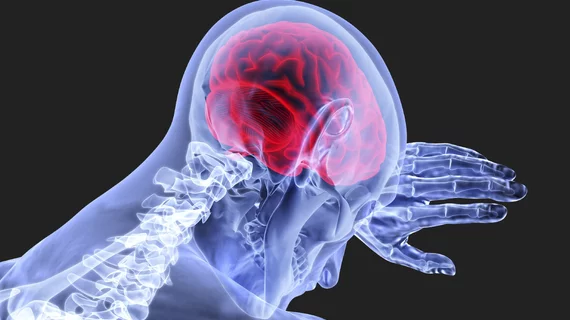Less-experienced neuroradiologists serve referrers better with structured reporting
Researchers at Harvard and several institutions in Italy have shown that clinicians managing neuromuscular conditions receive clinically relevant information more consistently from structured radiology reports than from reports rendered in free text. And the gains are greatest when the reporting radiologist is not deeply experienced.
Lead author Francesco Alessandrino, MD, of Brigham and Women’s Hospital, senior author Anna Pichiecchio, MD, of the University of Pavia and colleagues had their work published online March 9 in La Radiologia Medica, the journal of the Italian Society of Medical Radiology.
The team focused on radiology reports on lower-limb MRI scans of patients with inherited neuromuscular disease. The investigators were chiefly concerned with comprehensiveness of reporting on nine key features.
The reports were generated by neuro-specialized rads with two levels of experience—fewer than 15 years and greater than 15 years—and the researchers compared 101 reports generated before a structured template was introduced with 31 structured reports.
Evaluation of reports and images was supplied by neurologists, who assessed various measures of sufficiency for disease management as well as whether they needed to review the images themselves for confidence in clinical decision-making.
The researchers found a median of eight key features present in the structured reports vs. a median of six features in the nonstructured reports.
Importantly, the lesser-experienced neuroradiologists reported actionable clinical information more frequently with structured than with nonstructured reporting. This group also needed to have their reads evaluated by neurologists less often when using structured reporting.
The expert radiologists had no significant difference in structured vs. nonstructured reports.

